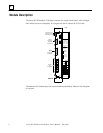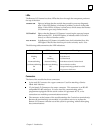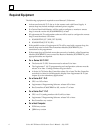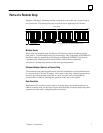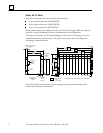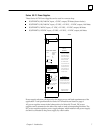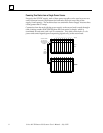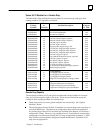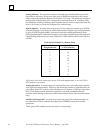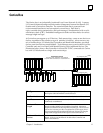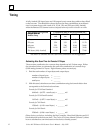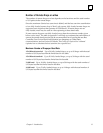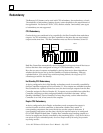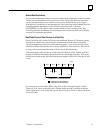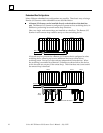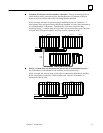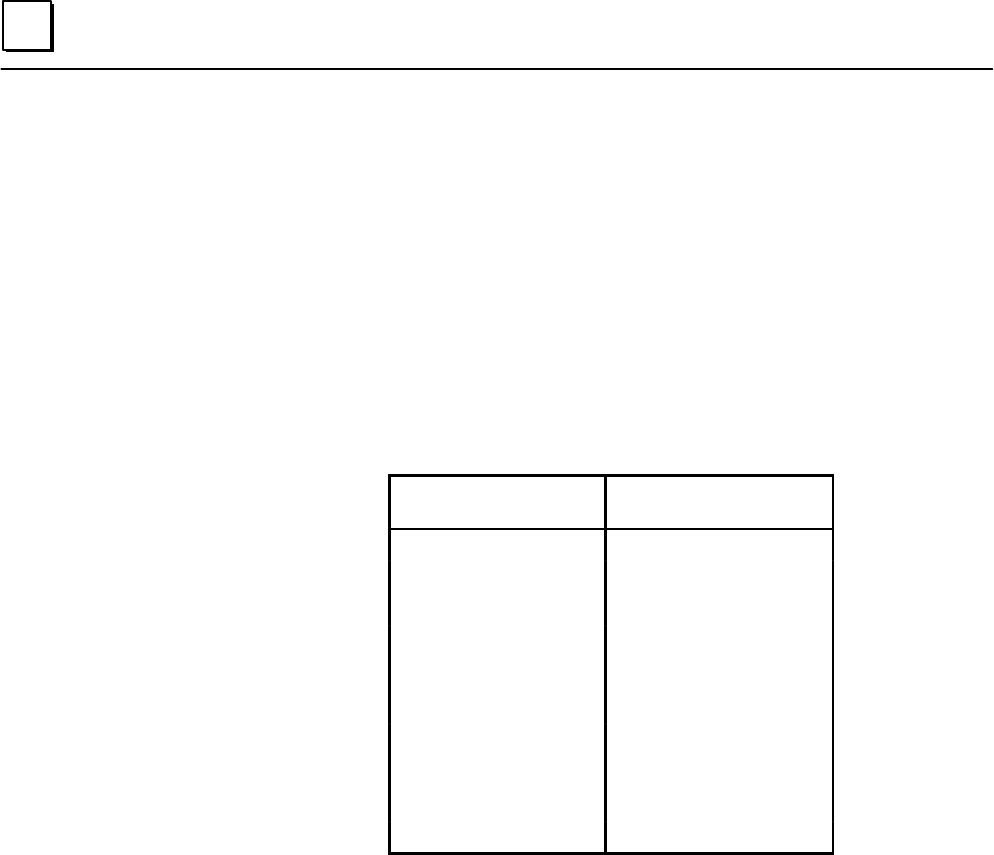
1
Series 90–70 Remote I/O Scanner User’s Manual – July 199210
Analog Modules: The maximum number of analog input modules that can provide
input data to the host is 8; however, there may be additional modules in the remote
drop configured outside the Remote I/O Scanner’s I/O map. The maximum number of
analog input modules that can be configured for a remote drop is 29. Similarly, while
the maximum number of analog output modules that can receive output data from the
host is 16, as many as 54 can be configured for a remote drop.
Option Modules: A remote drop with seven or fewer racks can contain up to 18 GDS
(Graphics Display Coprocessor), or ADS (Alphanumeric Display Coprocessor) modules,
or up to 9 PCM (Programmable Coprocessor) modules with daughterboards. Each
PCM/daughterboard combination counts as two option modules against the total of 18.
The following table shows how many GDS and/or ADS modules can be used with 0 to
9 PCMs.
Total Option Modules in a Remote Drop
Number of PCMs and
Daughterboards
Number of GDS and/
or ADS Modules
0 18
1 16
2 14
3 12
4 10
5 8
6 6
7 4
8 2
9 0
If there are 8 racks in the remote drop, one less PCM with daughterboard, or two less GDS or
ADS modules are permitted.
Analog Expanders: A remote drop can accommodate up to one analog input module
with eight expander modules. However, the maximum number of expanders that can
pass inputs to the CPU is three, due to the Remote I/O Scanner’s 128–byte input data
limit. If an analog module and three expanders were used, no additional input
modules (either analog or discrete) could communicate with the host from the remote
drop.
Modules Not Supported: A remote drop cannot have any I/O module interrupts, or
bus controllers or other modules that depend on COMREQ instructions for their
operations.
Third–party VME modules cannot be used in a remote drop.



